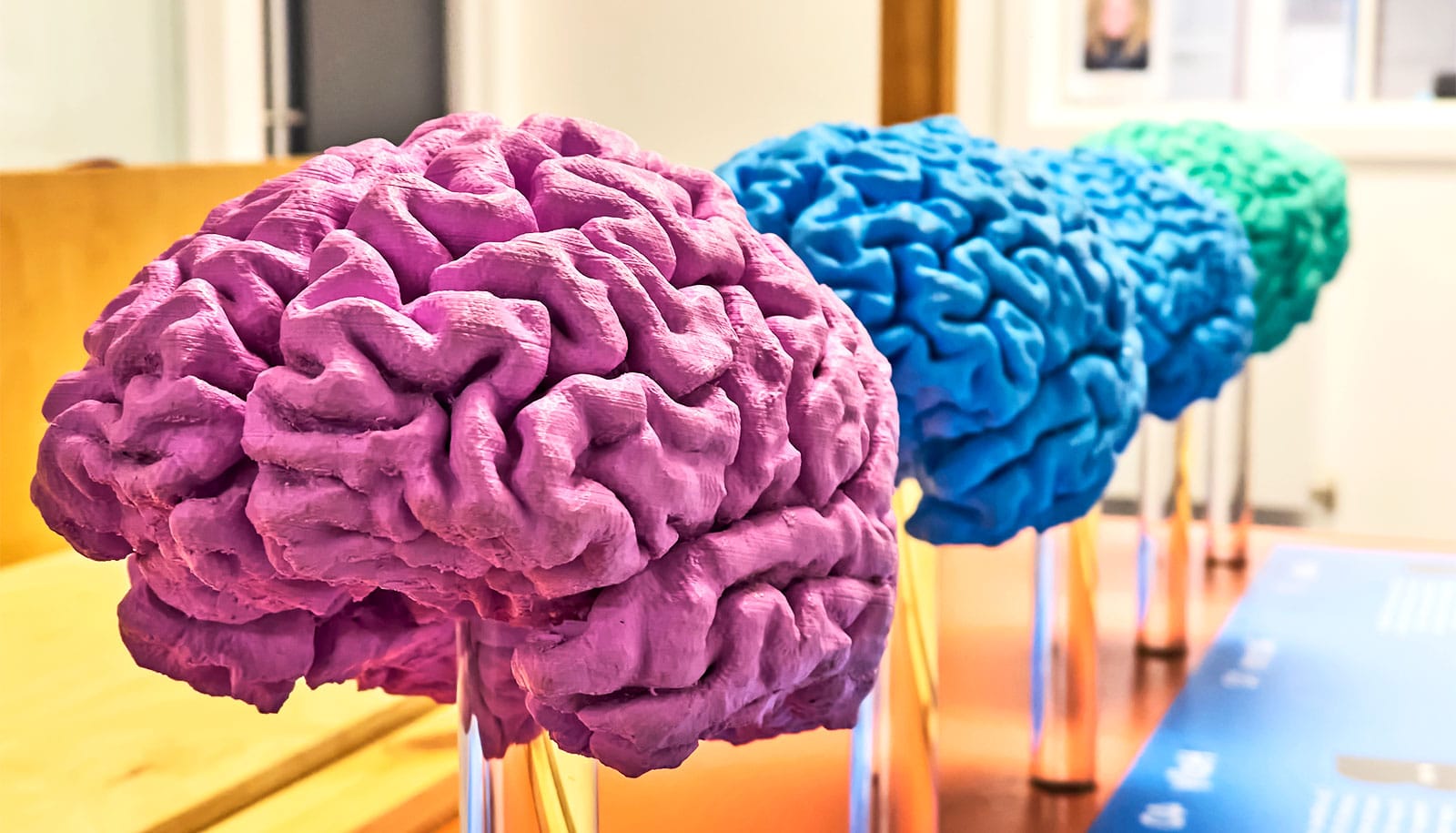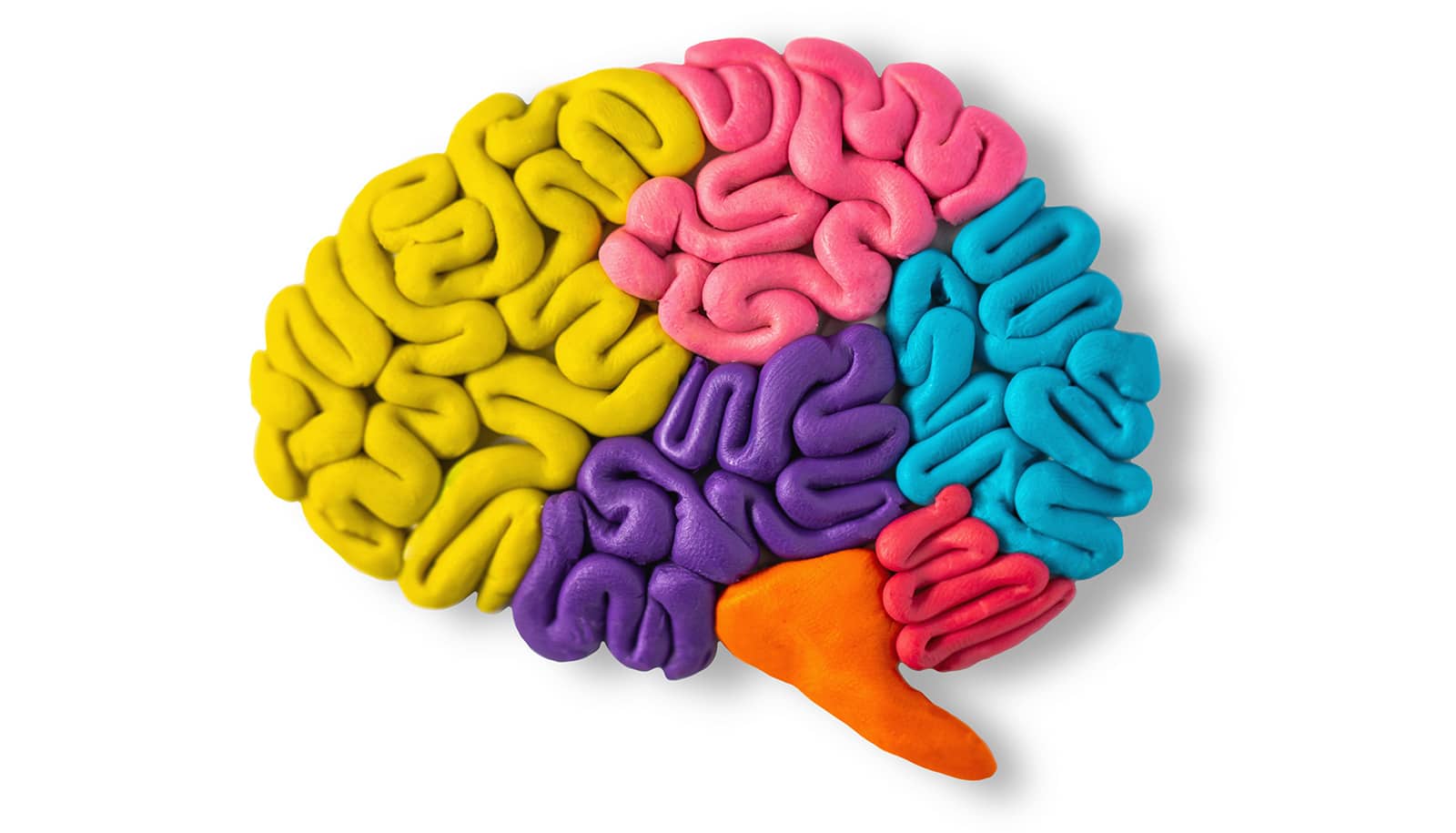Feeding eggs to babies may give them key nutrients for brain development, a new study suggests.
Researchers found that babies who first ate eggs beginning at 6 months showed significantly higher blood concentrations of choline, other biomarkers in choline pathways, and docosahexaenoic acid (DHA).
Choline (a nutrient that acts like vitamin B) and DHA (an omega-3 fatty acid that serves as a structural component of the brain) play vital roles in infant brain development and function.
“Eggs have been consumed throughout human history, but the full potential of this nutritionally complete food has yet to be recognized in many resource-poor settings around the world,” says lead study author Lora Iannotti, associate dean for public health and associate professor at the Brown School at Washington University in St. Louis
“Like milk or seeds, eggs are designed to support the early growth and development of an organism and are, therefore, dense in nutrient content,” Iannotti says.
“Eggs provide essential fatty acids, proteins, choline, vitamins A and B12, selenium, and other critical nutrients at levels above or comparable to those found in other animal food products, but they are relatively more affordable,” she explains.
Eggs deliver their nutrients in a holistic package, or “food matrix,” which improves absorption and metabolism, Iannotti says.
How just one egg per week can help kids grow
Researchers conducted a randomized, controlled trial in Ecuador in 2015. Children ages 6-9 months were randomly assigned to receive one egg per day for 6 months, versus a control group, which did not receive eggs.
The researchers report their findings in the American Journal of Clinical Nutrition.
A previous paper from the same study, which appears in the journal Pediatrics, showed that introducing eggs to infants early significantly improved their linear growth and reduced stunting.
Other authors are from Johns Hopkins University, the University of Texas at Austin, and the University of Maryland. The Mathile Institute for the Advancement of Human Nutrition and the Bill & Melinda Gates Foundation funded the work.



